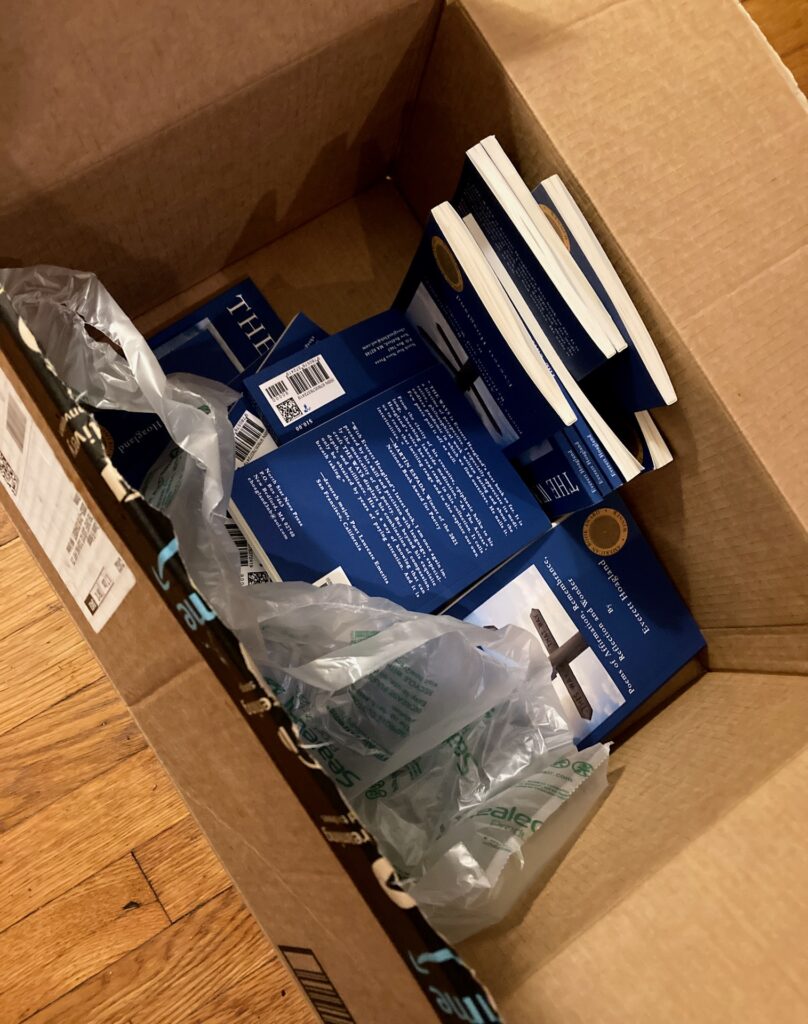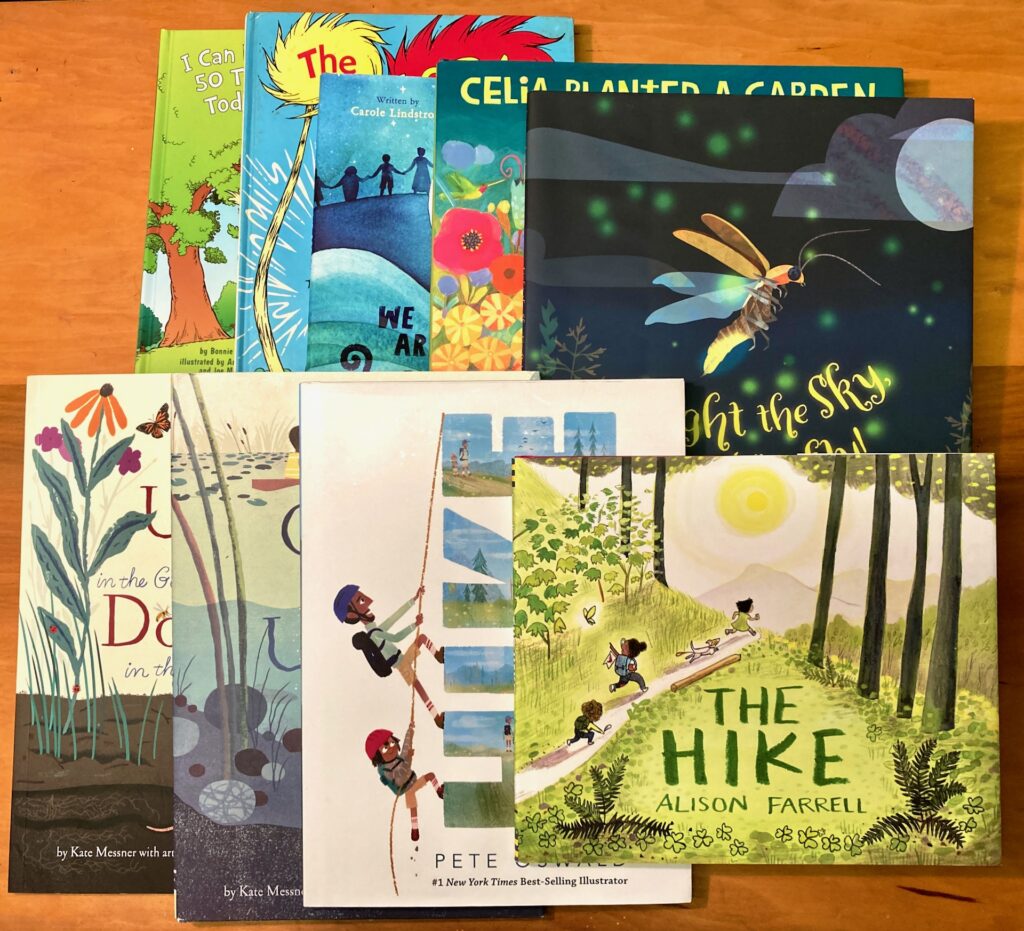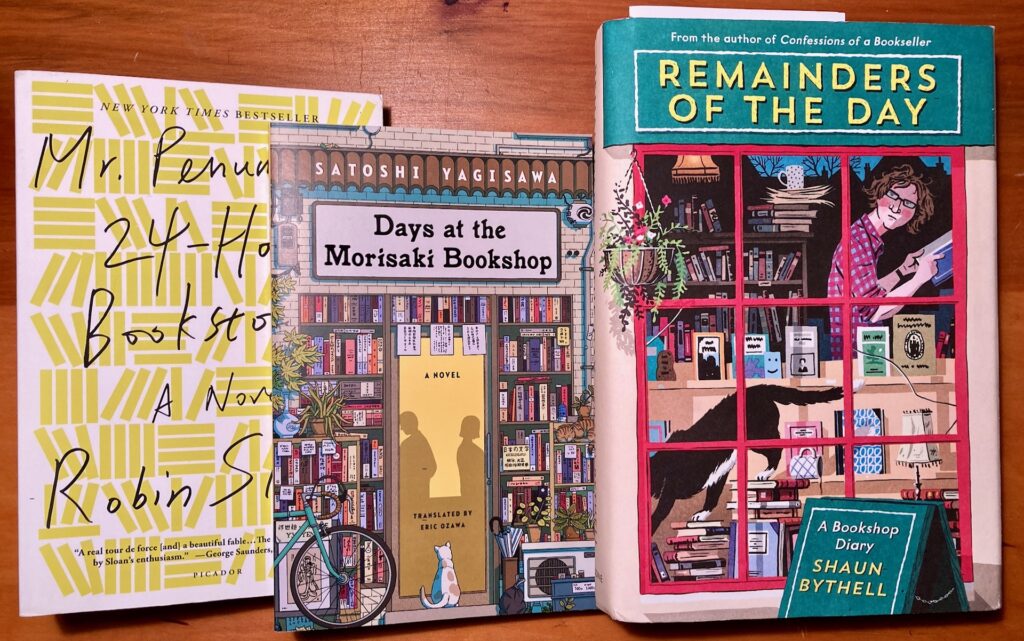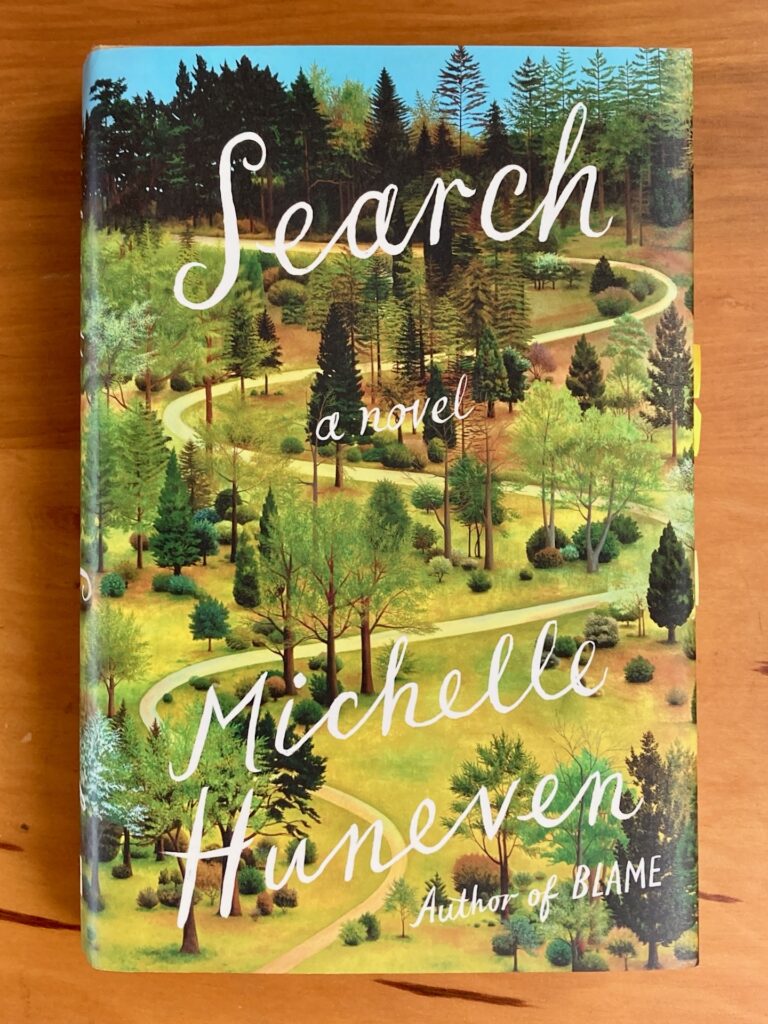It’s Asian American Pacific Islander Native Hawaiian heritage month, and to celebrate I’ve been reading poetry — mostly by Americans of East Asian and South Asian descent (I had to narrow things down a bit, so left off West Asia and all the Pacific Islands). I’ve also been dipping into some Asian poetry. Here are some comments on two books I’ve been looking into:
They Rise Like a Wave: An Anthology of Asian American Poets
ed. Christine Kitano and Alycia Pirmohamed (Blue Oak Press, 2022) — I’m really enjoying this collection. No, I haven’t liked all the poems. But I have felt that even the ones I didn’t care for were worth reading. And there are some real gems in this book, like Mai Nguyen Do’s poem “Ca Dao,” which begins:
The rice field is the oldest concert hall.
I’ve sung for four thousand years
here: in my mother, my grandmother,
the mother goddess, God. I’m already dead
when I’m singing….
Do gives the feel of folk poetry, as you’d expect from the title (“ca dao” is a term for Vietnamese folk poetry). Yet the poem itself is very contemporary. The combination makes for a haunting and memorable poem.
I also liked Mary-Kim Arnold’s poem “Forgotten War” very much. At first, it might sound a little didactic in places, but the total effect is not at all didactic. Arnold takes us from scenes of the Korean War to a scene in a U.S. bar, and a few other places along the way. In the powerful last stanza, she says:
You can stay up all night counting corpses and still not know who you are.
You can open your mouth to speak but still not know your own name.
Overall, it’s a high quality collection with a wide range of contemporary poets, from a wide range of Asian backgrounds — West Asia, South Asia, East Asia, Pacific Islands. Highly recommended.
Your Emergency Contact Has Experienced an Emergency
Chen Chen (BOA Editions, 2022) — I liked Chen Chen’s first book of poems, and had high hopes for this new book. There some good poetry here, but the collection doesn’t have the energy and humor which marked the first book. And lines like this one made me lose interest: “I mean, is ‘shit,’ is ‘scat’ more or less literary than ‘poop’?” — that kind of line in the midst of a love poem just sounds academic and self-indulgent. Yet as I say, there’s some good poetry here. For example, I like the first stanza of “The School of Australia”:
Your emergency contact has called
to quit. Your back-up plan has backed
away. Your boyfriend has joined a boy band
named All Your Former Boyfriends….
The rest of the poem doesn’t live up to the promise of that first stanza. But it’s worth reading through this book to find little gems like that. And there’s no doubt that Chen Chen is a poetic talent worth watching. Worth reading.





